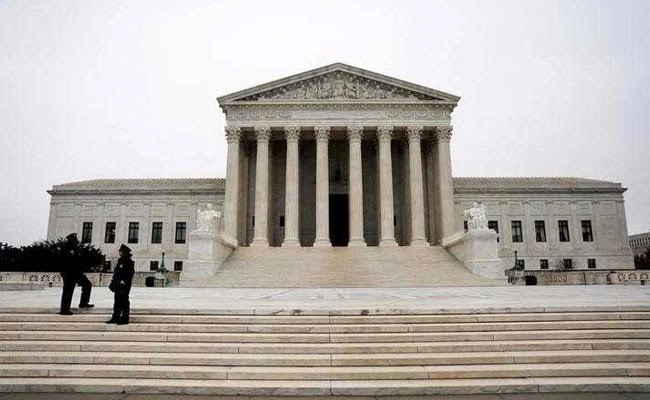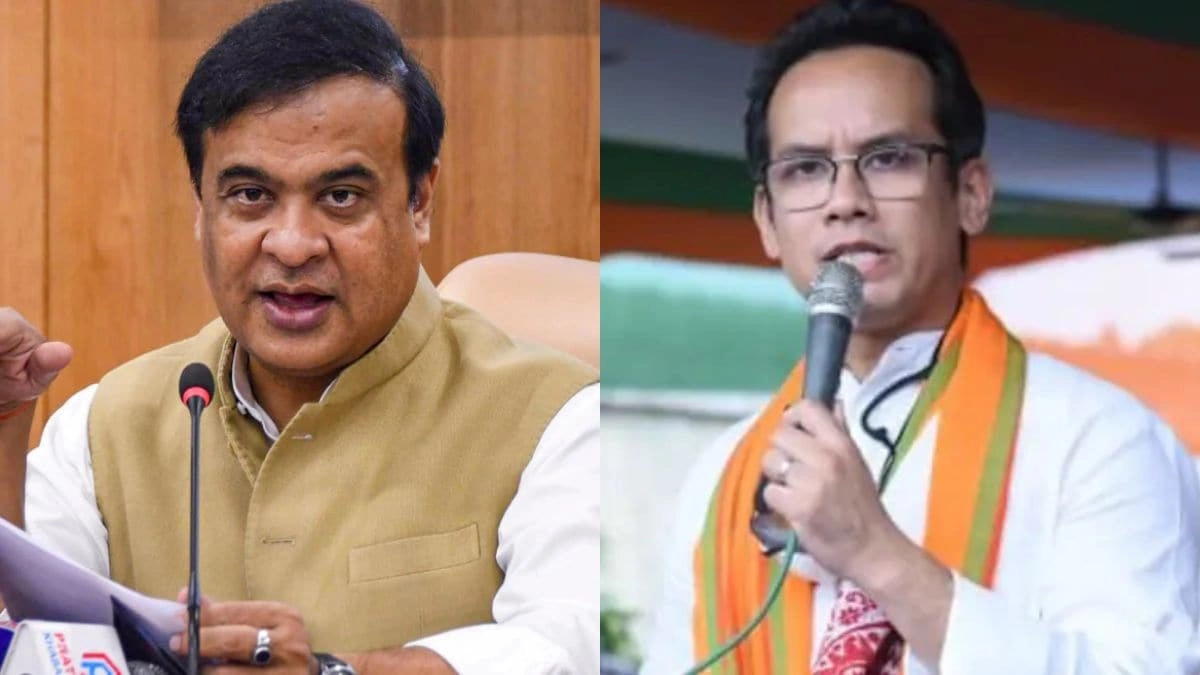The U.S. Supreme Court has agreed to hear a significant case concerning former President Donald Trump’s attempt to enforce an executive order aimed at redefining birthright citizenship. This order, which was issued in 2019, sought to exclude individuals born in the United States to non-citizen parents from automatically receiving citizenship. The issue at hand raises fundamental questions about the interpretation of the 14th Amendment, which grants citizenship to all persons born or naturalized in the U.S. The forthcoming Supreme Court proceedings will delve into the legal ramifications of this order and its implications for millions of individuals born in the country.
The case has drawn considerable attention, as it touches on broader themes of immigration policy and national identity. Supporters of the birthright citizenship order argue that it is necessary to prevent abuse of the system and to uphold the rule of law. They contend that automatic citizenship for children of undocumented immigrants incentivizes illegal immigration. Conversely, opponents assert that the order undermines a long-standing legal precedent that has been in place since the post-Civil War era, which established the principle of birthright citizenship as a cornerstone of American democracy.
As the Supreme Court prepares to hear arguments, legal experts and advocates on both sides are closely watching the proceedings. The outcome could have profound implications not only for immigration policy but also for the interpretation of constitutional rights in contemporary America. Many fear that a ruling in favor of the Trump administration’s order could lead to a significant shift in how citizenship is defined and could affect the status of countless individuals living in the U.S. The case is emblematic of the ongoing debates surrounding immigration and national identity, reflecting the complex and often contentious nature of these issues in American society today.




